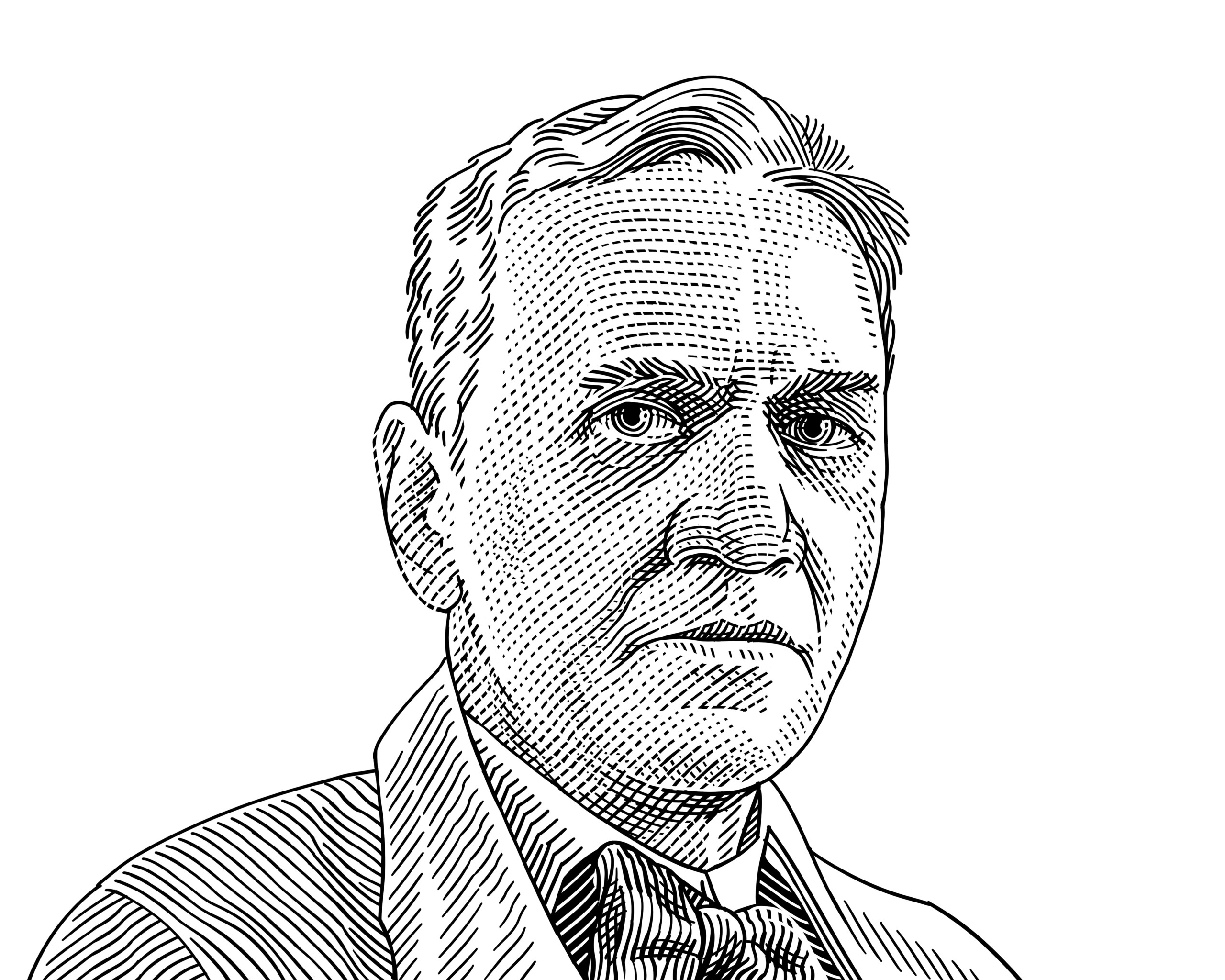Today is the sixth installment of a new series of articles by HumanProgress.org titled, The Heroes of Progress. This bi-weekly column provides a short introduction to unsung heroes who have made an extraordinary contribution to the wellbeing of humanity. You can find the 5th part of this series here.
Our sixth Hero of Progress is Alexander Fleming, the man who first discovered penicillin. Fleming’s discovery paved the way for the invention of antibiotic drugs, which have been credited with saving over 80 million lives so far.
Alexander Fleming was born on August 6, 1881, in Ayrshire, Scotland. At the age of 13, Fleming moved to London to attend the Royal Polytechnic Institution. After inheriting some money from a dying uncle at the age of 21, he enrolled at St. Mary’s Hospital Medical School, London. Fleming graduated with distinction in 1906 and stayed at the medical school as a researcher of bacteriology under Sir Almroth Wright – a pioneer in vaccine therapy and immunology.
When World War One began, Fleming enrolled in the Army Medical Corps. He returned to St. Mary’s to work as a lecturer in 1918. However, it would be another 10 years before his world-changing discovery.
On 3rd September 1928, Fleming returned to his lab having spent August on a holiday with his family. Fleming was notorious for his messy lab. Upon returning from a long vacation in 1928, he discovered that he had left out petri dishes of staphylococci, a common bacterium found in 25 percent of healthy people. Upon investigation, he noticed that the bacteria were infected and destroyed by a fungus, which he identified as being from the genus Penicillium. Further investigations revealed that penicillin destroys bacteria by attacking its cell wall and interfering with its ability to reproduce.
Penicillin was able to fight all gram-positive bacteria (a type of bacteria with a more penetrable cell wall), which includes those that cause diphtheria, meningitis, scarlet fever and pneumonia.
Fleming published his discovery in 1929 in the British Journal of Experimental Pathology. However, little attention was paid to his findings at the time. He continued with his experiments but found that cultivation of penicillin was difficult. After having grown the mold, isolating the antibiotic agent proved strenuous. Lacking the funds and manpower needed for more in-depth research, Fleming abandoned his pursuit after a series of inconclusive experiments.
During World War Two, Howard Florey and Ernst Boris Chain from Oxford University managed to get a carefully preserved strain of Fleming’s penicillin. Florey and Chain began large-scale research, hoping to be able to mass-produce the antibiotic.
Mass production began after the bombing of Pearl Harbor, and by D-Day in 1944, enough penicillin had been produced to treat all wounded allied troops.

In 1944, Fleming was knighted by King George VI and became “Sir Alexander Fleming.” The next year Fleming, Florey and Chain jointly won the Nobel Prize for their contribution to developing the antibiotic.
Looking back on the day of his discovery, Fleming once said, “One sometimes finds what one is not looking for. When I woke up… I certainly didn’t plan to revolutionize all medicine by discovering the world’s first antibiotic or bacteria killer. But I suppose that’s exactly what I did.”
Later in life Fleming was decorated with numerous awards: he was an honorary member of almost all medical and scientific societies across the world, he became a “Freeman” of many boroughs and cities, and was awarded honorary doctorate degrees from almost thirty universities across Europe and America. He died aged 73, in 1955.
Fleming’s discovery of penicillin laid the foundation for the development of the antibiotic “wonder drug” that has been credited with saving over 80 million lives. Penicillin revolutionized the medical field and it is likely that most people reading this today have benefited from Fleming’s discovery at some point in their lives. It is for this reason Alexander Fleming deserves to be our sixth Hero of Progress.

